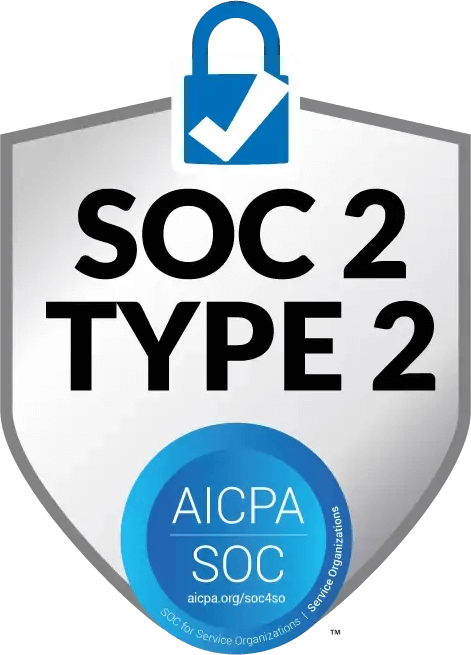How to Train PMs and Field Teams on Job Costing (Without Overwhelming Them)
If your PMs don’t know their numbers, you don’t know your margins. Teach them why it matters, give them the right tools, and keep the process stupid-simple. It’ll pay off in every project.


.png)
Contents
Most builders agree: job costing is critical.
But most project managers and field teams still treat it like an afterthought, or worse, an accounting problem that “someone else will figure out.”
Here’s the disconnect: your team wants to do the right thing, they just don’t want to wrestle with clunky spreadsheets, chase down codes, or learn another complex system.
The solution isn’t more rules. It’s smarter training and simpler systems. Here’s how to get your PMs and field team job-costing fluent without burning them out or slowing them down.
Start with Why: Make It About Ownership, Not Admin
Job costing isn’t just about coding receipts. It’s about:
- Knowing whether you’re ahead or behind
- Protecting your project’s profit
- Avoiding budget blow-ups (and tough client convos)
If PMs see job costing as an accounting checkbox, they’ll resist it.
If they see it as a tool to run better jobs, they’ll engage.
You don’t need to make them accountants. You need to show them how this helps them win.
Make Cost Codes Usable in the Field
One of the fastest ways to kill buy-in is to hand your team a 300-line cost code list and expect precision.
Instead:
- Keep cost codes lean- only as granular as your team can consistently track
- Use plain-language descriptions, not accounting jargon
- Train field teams on the 10–15 codes they’ll use 90% of the time
Pro tip: Have one cheat sheet per project, customized for that job.
Use Tools That Work Where They Work
Expecting superintendents or foremen to enter data on a desktop is a guaranteed fail. They’re mobile, and you need to meet them there.
Give them tools that:
- Work on phones
- Use dropdowns (not free text)
- Automatically tag jobs and codes based on location or vendor
- Let them snap a receipt and move on
Less typing = more compliance.
Build the Habit (Not Just the Rule)
Even the best system won’t work if it’s optional. Job costing has to become part of how the job is run (not a thing you do after the fact).
How to reinforce the habit:
- Set expectations clearly during project kickoff
- Review budget vs. actual in weekly PM meetings
- Celebrate teams who consistently track costs right (publicly!)
- Tie cost accuracy to bonus structures if possible
Accountability isn’t punishment. It’s empowerment.
Make Feedback a Two-Way Street
PMs and field leads often spot things the office doesn’t: inaccurate codes, broken workflows, or missing context.
Invite their input:
- “What’s slowing you down?”
- “What would make this easier to do in the field?”
- “Which codes feel confusing or redundant?”
If they help shape the system, they’ll take ownership of it.


Ready for crystal clear financials without the headache?
Let us show you how Adaptive's AI-powered construction financial management software works in a brief 30 minute demo with someone from our team.







